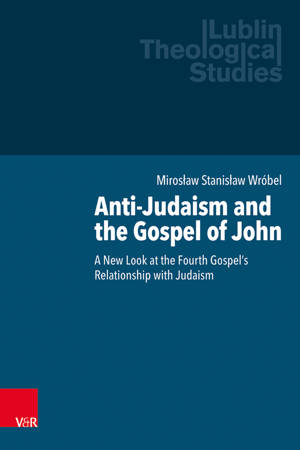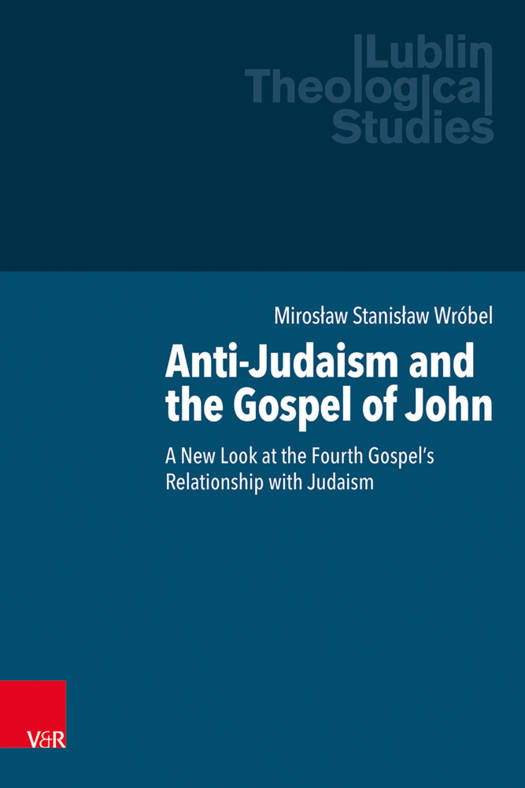
- Afhalen na 1 uur in een winkel met voorraad
- Gratis thuislevering in België vanaf € 30
- Ruim aanbod met 7 miljoen producten
- Afhalen na 1 uur in een winkel met voorraad
- Gratis thuislevering in België vanaf € 30
- Ruim aanbod met 7 miljoen producten
Zoeken
Anti-Judaism and the Gospel of John
A New Look at the Fourth Gospel's Relationship with Judaism
Miroslaw Stanislaw Wrobel
€ 118,45
+ 236 punten
Omschrijving
In the light of the research undertaken in this book the author concludes that the so called "anti-Jewish" texts in Johannine Gospel are not directed against the Jews being an ethnic or religious community. The object of the polemic and attacks is not the entire Jewish nation across the span of all the ages but a group of the Jewish leaders or opponents to Jesus in the First Century AD. Looking through the prism of the aposynagogal polemics, one can notice that the state of tension between the Johannine community and the rabbinic Judaism is inter-Jewish, not anti-Jewish, in character. The source of the polemical language of the Fourth Gospel is the Christological discussion in the historical and sociological context (the Messianic confession, the excommunication from the Synagogue, the presence of Samaritans in the Johannine community, the struggle for the preservation of the identity).
Specificaties
Betrokkenen
- Auteur(s):
- Uitgeverij:
Inhoud
- Aantal bladzijden:
- 297
- Taal:
- Engels
- Reeks:
- Reeksnummer:
- nr. 7
Eigenschappen
- Productcode (EAN):
- 9783525500538
- Verschijningsdatum:
- 4/12/2023
- Uitvoering:
- Hardcover
- Formaat:
- Genaaid
- Afmetingen:
- 155 mm x 231 mm
- Gewicht:
- 424986 g

Alleen bij Standaard Boekhandel
+ 236 punten op je klantenkaart van Standaard Boekhandel
Beoordelingen
We publiceren alleen reviews die voldoen aan de voorwaarden voor reviews. Bekijk onze voorwaarden voor reviews.











